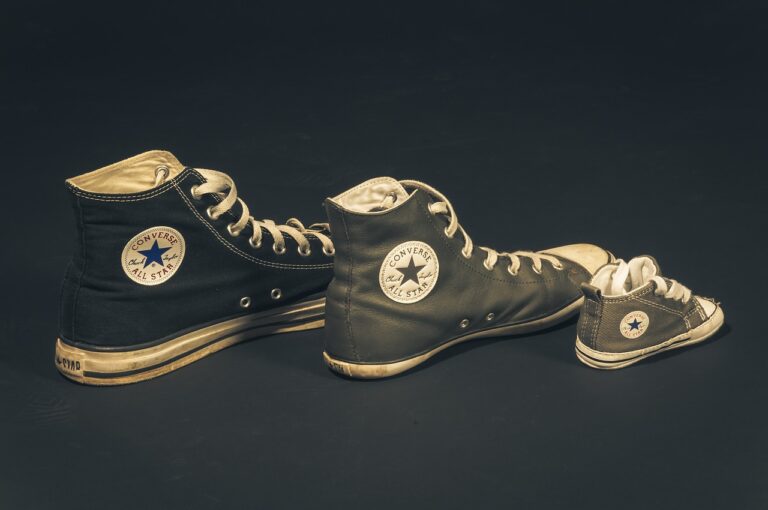The Rise of Sustainable Fashion: How Brands are Embracing Eco-Friendly Practices
The increasing awareness about the environmental impact of the fashion industry is one of the key drivers pushing the shift towards sustainable fashion. Consumers are becoming more conscious about the consequences of fast fashion on the planet, from water pollution to garment waste. This growing concern has led to a demand for more eco-friendly and ethical fashion choices, prompting brands to adopt more sustainable practices in response.
Moreover, the rise of social media and digital platforms has played a significant role in promoting the sustainable fashion movement. Influencers and celebrities are using their platforms to advocate for ethical and eco-conscious fashion brands, influencing their followers to make more sustainable choices. This online visibility has helped bring attention to the importance of sustainability in the fashion industry, driving both consumers and brands towards more environmentally friendly practices.
Innovative materials and technologies in eco-friendly fashion
In recent years, the fashion industry has witnessed a surge in the development and adoption of innovative materials and technologies aimed at promoting sustainability. From the use of recycled plastic bottles to create new fabrics to the integration of 3D printing for bespoke clothing, designers and manufacturers are exploring a myriad of options to lessen the environmental impact of fashion production. These advancements not only help in reducing the industry’s carbon footprint but also pave the way for more eco-friendly practices to become the norm rather than the exception.
Furthermore, the utilization of plant-based materials like hemp, bamboo, and organic cotton is gaining momentum in the realm of eco-friendly fashion. These materials not only offer a sustainable alternative to traditional fabrics but also boast properties such as breathability, durability, and biodegradability. By incorporating these natural resources into their designs, fashion brands are not only contributing towards a greener future but also catering to the growing consumer demand for ethically produced clothing options.
• Recycled plastic bottles are being used to create new fabrics
• 3D printing is being integrated for bespoke clothing
• Plant-based materials like hemp, bamboo, and organic cotton are gaining momentum in eco-friendly fashion
• These materials offer breathability, durability, and biodegradability
• Fashion brands incorporating natural resources into designs cater to growing consumer demand for ethically produced clothing options
The importance of ethical and transparent supply chains in sustainable fashion
Nowadays, consumers are becoming increasingly aware of the environmental and social impact of the fashion industry. This growing consciousness has led to a shift towards sustainability in the way clothing is produced and distributed. Ethical and transparent supply chains play a crucial role in ensuring that the products we buy are made under fair working conditions and with minimal harm to the environment.
By having a transparent supply chain, fashion brands can trace and monitor every stage of the production process, from sourcing raw materials to manufacturing and distribution. This transparency not only builds trust with consumers but also holds brands accountable for their environmental and social responsibilities. Additionally, ethical supply chains promote fair wages, safe working conditions, and overall better treatment of workers, making a positive impact on both people and the planet.
What are some factors driving the shift towards sustainable fashion?
Factors driving the shift towards sustainable fashion include increasing consumer awareness about environmental issues, the rise of ethical consumerism, and the demand for transparency in supply chains.
What are some innovative materials and technologies used in eco-friendly fashion?
Some innovative materials and technologies used in eco-friendly fashion include organic cotton, recycled polyester, and plant-based dyes. Additionally, technologies such as water-saving processes and digital printing are being utilized to reduce the environmental impact of fashion production.
Why is it important to have ethical and transparent supply chains in sustainable fashion?
Ethical and transparent supply chains are important in sustainable fashion to ensure fair labor practices, minimize environmental impact, and build trust with consumers. By knowing where and how their clothing is made, consumers can make more informed purchasing decisions and support brands that align with their values.







